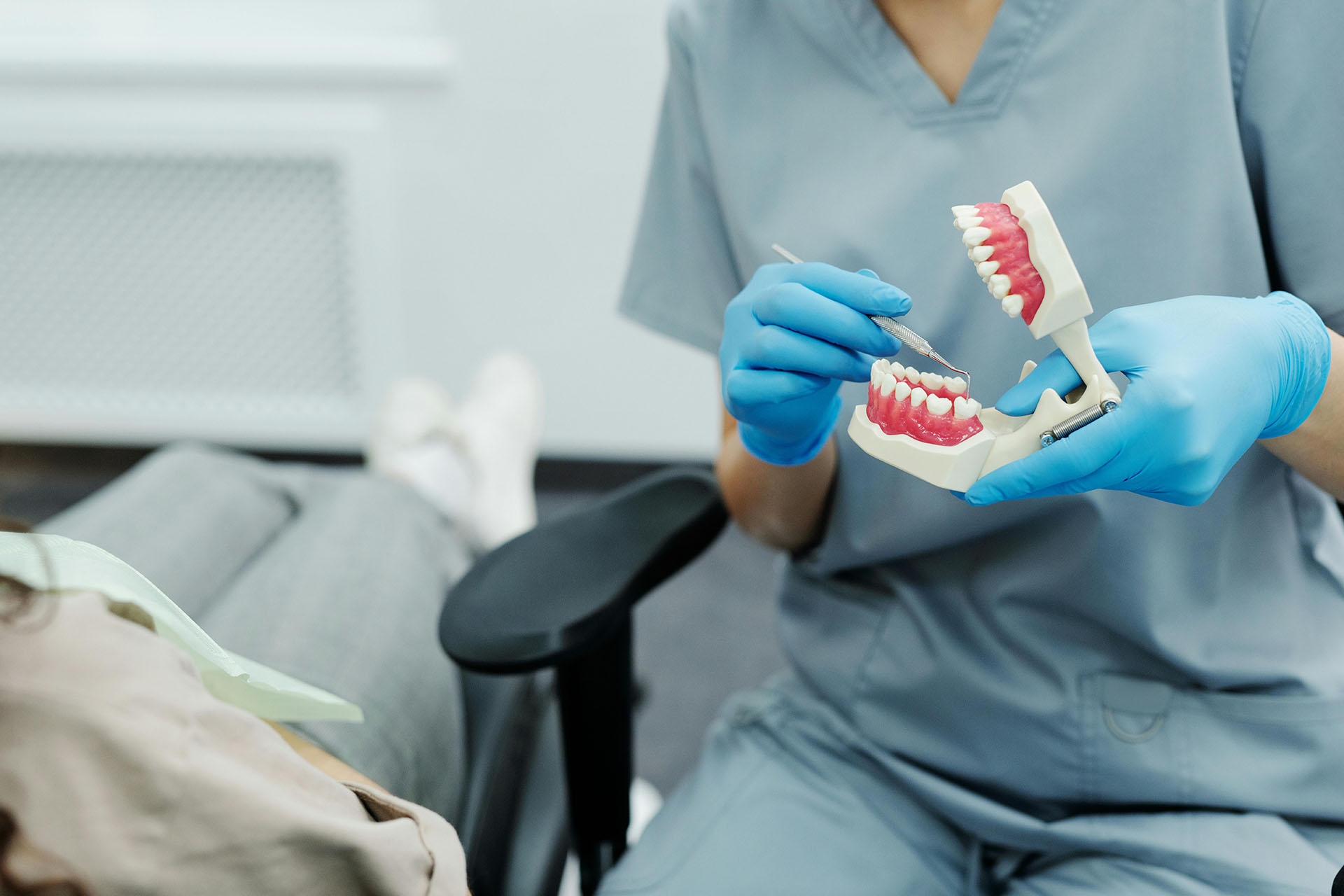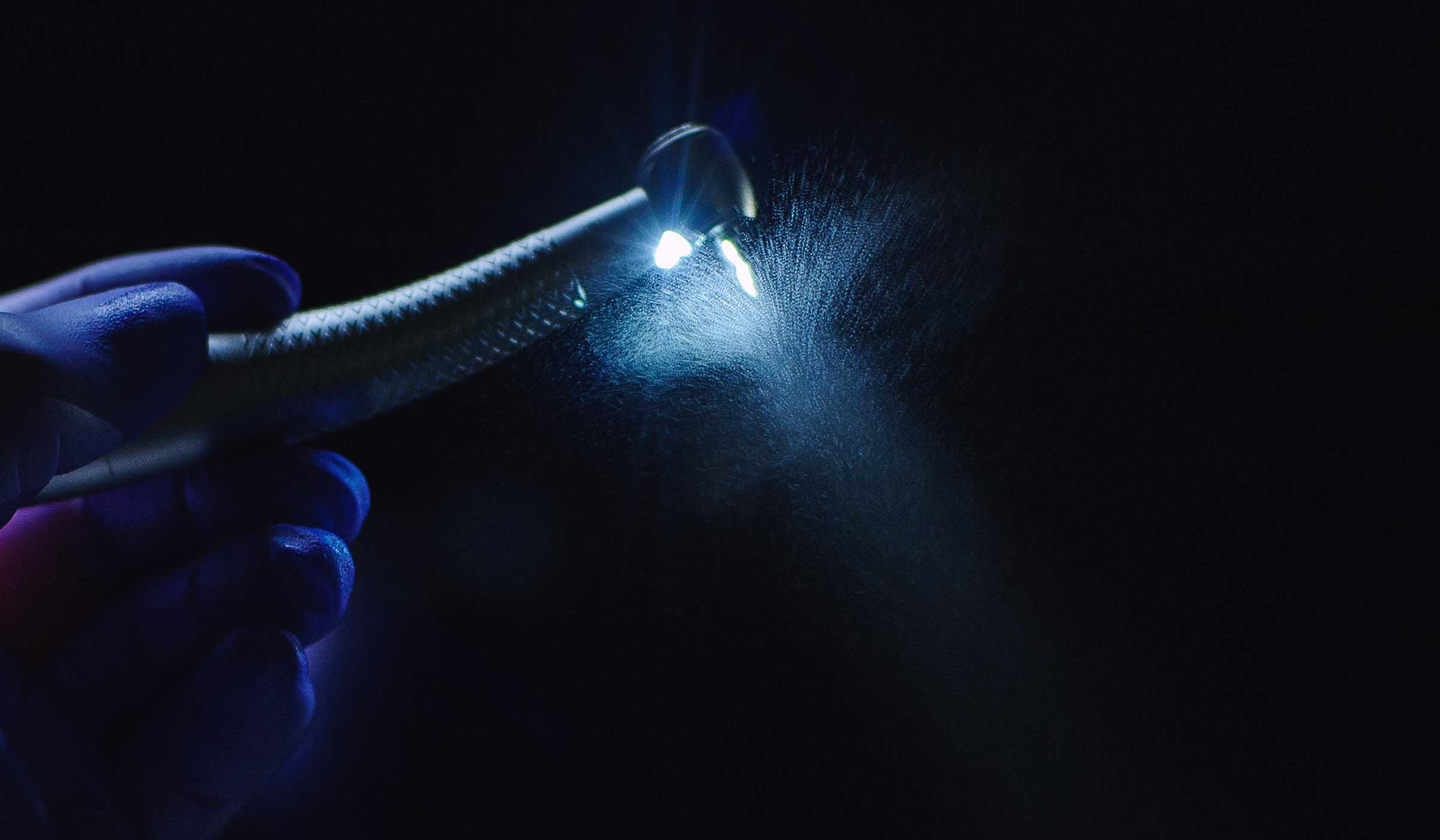Having Pain In Your Wisdom Teeth? It May Be Time To Have Them Removed.
If your dentist has recommended that you have a tooth extracted, you may feel apprehensive, especially if it is your first time. Understanding the process and risk factors associated with delaying an extraction can reduce anxiety and avoid delaying what could be an important procedure to protect your health and wellness.
Your dentist always wants to preserve your natural tooth if it is safe and reasonable to do so. However, there are instances when tooth extraction becomes necessary to preserve your safety and protect the structural integrity of neighboring teeth.



The Bright Side
Although having a tooth extracted isn’t something easy to get excited about, the fact is that patients often feel tremendous pain relief upon the removal of a troublesome tooth. If your dentist recommends removing a tooth, it is likely causing discomfort already. Removing the tooth is the first step in restoring wellness to the affected area of the mouth.
Injured Tooth
If your tooth has suffered an injury, cracks in the structure of the tooth above or below the gum line could result in the tooth needing to be pulled. Similarly, an impact or trauma could break the tooth below the gum line putting tissues at risk.


Dental Cavities
Dental cavities which are too large to provide adequate support to the tooth may require removal to avoid painful breakage. Situations involving infection in the inner pulp of the tooth risk being transmitted to the blood and should be assessed to determine the need for root canal therapy or full removal.
Periodontal Disease
Gingivitis which has progressed into its more severe form, periodontal disease, can often result in the necessary extraction of a tooth. As gingivitis-associated gum inflammation worsens, infection can spread to underlying tissues and bone. As more tissues are affected, teeth can become unstable due to lack of bone, ligament and gingival support.


Wisdom Tooth Extraction
Wisdom teeth typically emerge between the ages of 17 and 25. Although there are many instances in which these teeth emerge without complication, it is not unusual for wisdom teeth to interfere with their neighbours or cause discomfort. Being the last teeth to arrive, there is often not enough space in the mouth to accommodate what a wisdom tooth requires.
Wisdom teeth that do not fully emerge beyond the gumline and remain partially covered in gum tissue can be a source of chronic pain, inflammation or even infection. Other teeth may become trapped inside the bone or gum tissue, called ‘impacted’ wisdom teeth. Impacted teeth can interfere with the root systems of neighbouring teeth, causing degeneration, and may develop painful cysts.
In other cases, wisdom teeth are removed due to decay. As wisdom teeth are the farthest teeth to the back, difficulty accessing them can make them difficult to clean. In these cases, removal of the wisdom teeth may be suggested to protect the health of neighbouring teeth.
The Process
A tooth extraction might sound lengthy and invasive, but procedures for extracting teeth are efficient and pain-free thanks to local anesthetic. Apart from wisdom tooth extraction, which may require more advanced techniques, most teeth can be removed in just 3 steps.
Step 1: Anesthetic
A local anesthetic is injected into the gums around the tooth after being prepared with a numbing gel. This anesthetic numbs the nerve of the tooth and prevents you from feeling any pain when the tooth is removed.
Step 2: Extraction
Your dentist will remove the tooth with the use of specialized tools. You will likely feel pressure during the extraction process and may also hear some unfamiliar sounds. Many patients find that just knowing what to expect helps them relax during the procedure, while others find that bringing along some headphones and their favourite music puts them more at ease.
Step 3: Done Already?
That’s right! Once the tooth is removed, all left to do is control the bleeding and you will be on your way. Your dentist may place a stitch in the socket to encourage healing but will more often apply gauze to the open socket and instruct you to apply gentle biting pressure until the bleeding stops.


Healing From A Tooth Extraction
We recommend choosing soft and cool foods for about a week following extraction to allow the wound to close and the area to heal. Consider foods such as puddings and Jell-O, scrambled eggs or cool smoothies to soothe the extraction site and protect it from injury when chewing. Forceful rinsing of the mouth and the use of straws should be avoided entirely during healing time. The sucking motion creates the potential for the protective blood clot that has formed in the socket to be removed, resulting in nerve exposure and pain. Smoking should be avoided for a minimum of 72 hours to avoid similar risk, and to avoid slowing healing by irritating tissues with smoke. Continue gently brushing and flossing your teeth as you normally would, avoiding the extraction site.
We’ll give you a reason to smile
We’re accepting new patients and look forward to serving you, so please give us a call or request an appointment online; see you soon!
